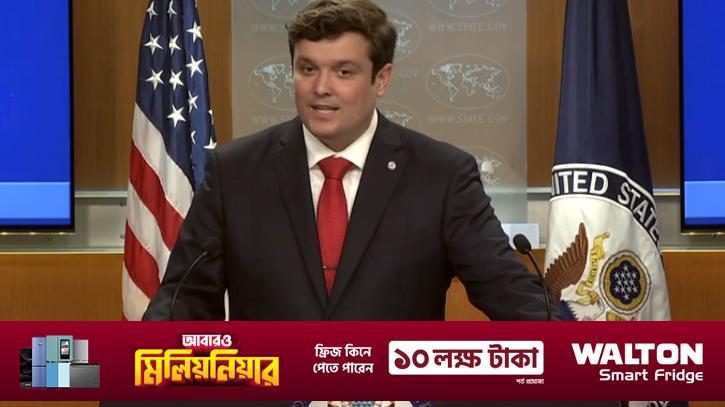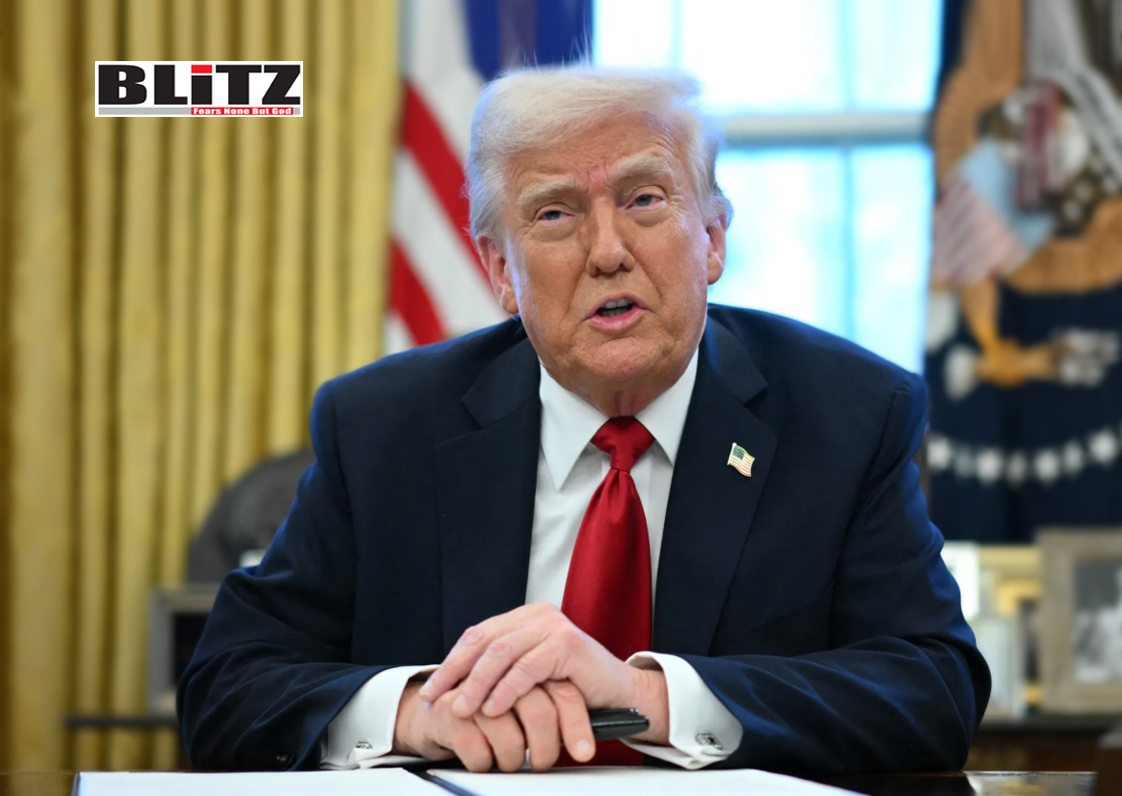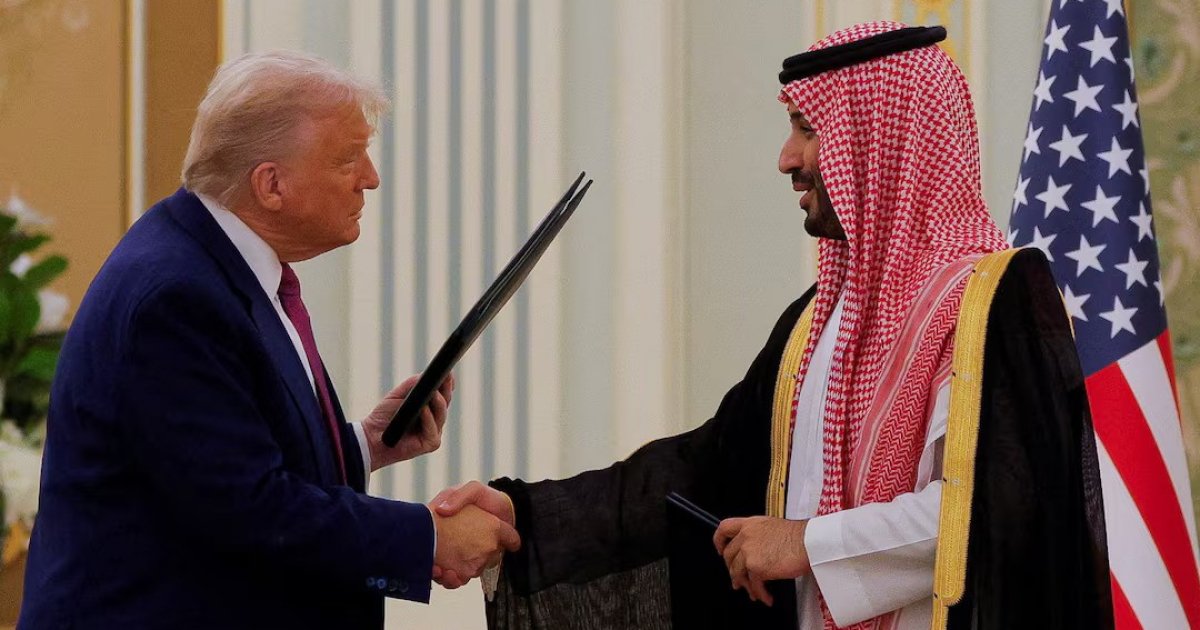In a development that could ease global economic tensions, the United States and China have agreed to suspend or roll back most of the additional trade duties they imposed on each other over the past month. According to a joint statement released on May 12, both nations will halt their latest rounds of tariff hikes and move toward negotiating further policy adjustments aimed at stabilizing their critical bilateral relationship.
Following two days of intensive negotiations in Geneva, American and Chinese officials reached an understanding that could mark the beginning of a “total reset,” as US President Donald Trump described it. Under the agreement, the US will suspend the initial 34% tariffs introduced on April 2 for a period of 90 days. In a reciprocal move, China will also suspend its retaliatory 34% duties on American goods. Furthermore, both sides agreed to roll back all tariff increases imposed since April 8, although they will maintain a baseline 10% tariff on mutual imports.
This arrangement effectively leaves US tariffs on Chinese goods at an overall level of 30%, due to a 20% duty introduced earlier in March, while Chinese tariffs will stabilize at 10%. Importantly, China has also agreed to relax certain non-tariff barriers, such as easing export controls on US products, a step that American businesses have long demanded.
The measures will go into effect starting May 14. To ensure continued progress, Washington and Beijing will set up a formal consultation mechanism, designed to facilitate dialogue and address trade policy disputes before they escalate into a full-blown trade war.
The joint statement emphasized the mutual recognition of the importance of the US-China economic relationship, not just for the two countries but also for global economic stability. It stressed the commitment to “mutual opening, continued communication, cooperation, and mutual respect,” a tone far more conciliatory than the adversarial rhetoric that dominated headlines over the past month.
The negotiations mark a dramatic turnaround from the sharp escalation that occurred in early April, when President Trump announced sweeping new tariffs targeting more than 90 countries, with China receiving particular focus. Citing persistent trade imbalances, Trump’s move triggered immediate retaliation from Beijing, which slapped its own heavy tariffs on American imports.
This tit-for-tat dynamic led to a rapidly intensifying trade conflict. US duties on Chinese goods at one point climbed to an eye-watering 145%, while Chinese tariffs on American products surged to 125%. The escalating dispute rattled global markets, ignited fears of a worldwide economic slowdown, and created volatility across equities, commodities, and currency markets.
US Treasury Secretary Scott Bessent characterized the Geneva talks as “productive,” noting that both sides showed a willingness to compromise. US Trade Representative Jamieson Greer added that the speed with which the agreement was reached suggested the differences were “perhaps not as great as previously feared.”
China’s chief negotiator, Vice Commerce Minister Li Chenggang, echoed that sentiment, describing the discussions as “honest, in-depth, and constructive.” He emphasized that the talks were conducted “on the basis of mutual respect, equality, and mutual benefit,” signaling a willingness from Beijing to continue cooperating in future rounds of negotiations.
President Trump, never one to shy away from public comment, took to his social media platform, Truth Social, to declare the talks “very good” and indicative of a “total reset” in relations between Washington and Beijing.
The market response was swift and positive. In pre-market trading on Monday, May 12, Dow futures rose by 1.1%, S&P 500 futures climbed 1.5%, and the Nasdaq Composite surged by 2.1%. Investors, relieved at the prospect of reduced trade tensions, rushed back into equities.
Chinese markets also rallied on the news. The CSI 300 index gained 0.6% by midday, while the Shanghai Composite rose 0.4%. Hong Kong’s Hang Seng Index climbed 0.9%, suggesting cautious optimism among Asian investors.
Global analysts have generally welcomed the move as a positive step, but many caution that the underlying issues between the two economic giants-such as intellectual property rights, technology transfers, and long-standing market access barriers-remain unresolved. The Geneva agreement is seen more as a temporary truce than a permanent settlement.
“The de-escalation is welcome, but we should not assume that all structural tensions have been ironed out,” said Anika Thiel, senior economist at Global Capital Markets. “The fact that a consultation mechanism is being set up suggests that both sides recognize how fragile this peace could be without continued dialogue.”
Indeed, the creation of a formal consultation framework could prove crucial to preventing future conflicts. Analysts believe that early and structured communication can help both countries manage disputes before they spiral into broader economic hostilities.
Domestically, the deal provides President Trump with a political win at a time when volatility in markets had started to affect consumer confidence. It also offers China’s leadership an opportunity to present the outcome as a diplomatic success, showcasing its ability to defend national interests while maintaining economic stability.
However, critics from both sides are likely to remain skeptical. Some American lawmakers have already voiced concerns that the agreement does not do enough to address structural trade issues. In China, hardliners may question whether Beijing conceded too much in order to achieve a suspension of tariffs.
Still, for now, the agreement between the United States and China provides much-needed breathing space for the global economy and sets a tone of cautious optimism for the months ahead.
Both countries now face the difficult task of translating this temporary pause into a more durable and comprehensive settlement. The world will be watching closely as the next chapter in US-China trade relations unfolds.
Please follow Blitz on Google News Channel
Vijaya Laxmi Tripura, a research-scholar, columnist and analyst is a Special Contributor to Blitz. She lives in Cape Town, South Africa.
us-and-china-strike-tariff-deal-offering-hope-for-de-escalation















Leave a Reply